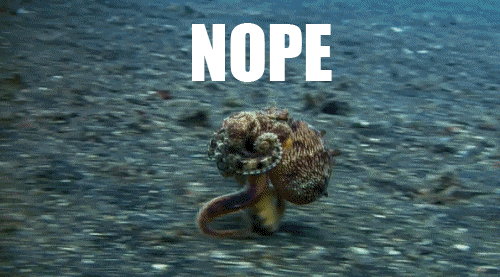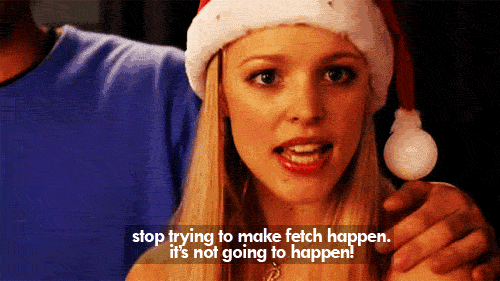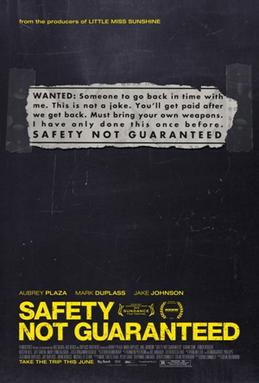So, while I write and edit, I sneak in time to read for leisure, and I often play movies and shows in the background while I edit. In a way, this is technically a "Missed It" review, because I have the marvellous skill (?) of being ten years late to every party, and of somehow insulating myself from things I haven't seen or read, no matter how famous they are. Obviously, both the movie and book fit these perimeters.
But let's talk about the book and the movie. I just finished reading American Psycho, and the movie called to me--especially after a bunch of my friends confirmed that it's much better. Obviously, there are some epic
SPOILERS SPOILERS SPOILERS
ahead. I'll also be mentioning an indie parody called Banksters by Nic Wilson because it's based on American Psycho. Now, with that out of the way, let's get down to business. This is a three-way fight--book vs book vs movie!
Banksters
I've mentioned it before, but I actually had the chance to read that first, before either the book or movie crossed the desk in my mind-palace. Banksters focuses on the machinations of a sociopath sexing, manipulating, and murdering his way to the top of a company. It's less metaphorical than American Psycho, and Mark Danes is both a more appealing protagonist and a more clear-minded one; it's more akin to the power porn I enjoy so much, things like Breaking Mad Game of Cards, for instance. (Mad Men, Breaking Bad, Game of Thrones/A Song of Ice and Fire, and House of Cards--both the British and the American versions--are all basically "power porn".) Banksters, though, is darkly humorous, and that counts for something. The prose is sexy and clever, and it's a really fun ride. Go buy it here if you haven't already.
American Psycho
Both the book and the movie tell the story of Patrick Bateman, and honestly, I can't do much better than the Netflix description--"with chiseled good looks that belie his insanity, a businessman takes pathological pride in yuppie pursuits and indulges in sudden homicidal urges." It's basically a story about the symbolic exploitation and abuse of the working class by the people at the helm of the economy, and the madness induced by meaninglessness of consumer culture and lifestyles, as well as the worthlessness of the trappings of wealth. Also, there's sexual torture. Lots of it. Proceed with caution.
 |
I have no source and no justification. |
Prose, Style, Cinematography
The book...ugh. It's a very polarizing work. I really love books about madness, and I'm quite a Palahniuk fan--I love Lovecraft, I like William Golding a lot, I enjoyed Joseph Heller's Catch-22...you get the idea. American Psycho was on my bucket list for a long-ass time. Of course, now that I've read it, I'm glad I did, but I still have mixed feelings. Some of the descriptions of madness were wonderful, and I really liked the concept. The descriptions of clothing entertained me and ended up informing me about various kinds of fabric in some detail, though, so I guess that's actually a point in their favour--but all the gourmet food and the other stuff got really irritating to read about because there was just so goddamn much of it. However, the thematically appropriate but annoyingly detailed album reviews, and the completely over-the-top descriptions of the violence against women really got to me. I am not going to mention rats, electric shock machine torture, eyeballs, or cannibalism, because your brain will fill in the details of what happens to the (mostly women and hookers) for me. And I can guarantee you, the descriptions were worse than whatever your brain just came up with. I like my violence tasteful--no pun intended--and there was just too much of it to be really effective.
I kept comparing it to Banksters, because while that book isn't perfect, the murders and violence are more clever and the sex is less repulsive. The female characters are also much better and more interesting--more on that later--and there's a larger cast to work with. There's also a nice theme of examining the cost of the glass ceiling for women, and violence on women in the workplace, which I really appreciated. The point of American Psycho is partly how utterly interchangeable the people at the top are, and that actually ended up being to its detriment because it was hard to care when bad things happened. Anyway, the descriptions and prose in Banksters drew me in a lot more, and the wealth and opulence still came across. It's knifeblade prose, and there was much less waste and repetition than in its source. Also, American Psycho put me off sex and Banksters made me want to have sex, so that has to be counted as a point in its favour.
I wanted to love it, but it was a book you endure, not one you enjoy, and the reason is partly the jerky pacing. As Kyle Kallgren, "Oancitizen" of Channel Awesome put it, "It cannot be watched, merely inflicted," and that describes the experience of reading this book. I understand the symbolism of Wall Street broker types abusing poorer people and committing violence against them, and I understand the giant time jumps at the end of the book, but the clever symbolism didn't make up for the truly frustrating experience of reading the book. Fear and Loathing in Las Vegas by Hunter S. Thompson was much less of a slog, and so was On the Road by Jack Kerouac. Those books aren't totally perfect, but they're a damn sight less annoying, and the protagonists are better. More on that in a minute.
Now, the movie is loyal and faithful to the book, but it cuts out the annoying descriptions and replaces them mostly with, well, visuals; I think that works a lot better. The voice-over was a little distracting, and close-ups on all the labels and a silent opening--or one with music--could have been better, but it's a really well-filmed and nicely framed movie. It's also seductively paced and witty from step one, but in a more engaging way, and the message still gets across. There's a lot of dead weight that's just cut, a couple of things--like the breakup speech with Courtney--are rearranged, and it just flows so much better. Also, I could look away during the gory scenes in the movie, and frankly, that was preferable to having to read about what happened in the original text. They cut a lot out, including plenty of animal cruelty and torture porn, and I am more than okay with that. In exchange, we got some amazingly goofy Christian Bale faces.
 |
Source. |
This is getting a bit on the long side, so we'll take a short commercial break before we get back to the second half later this week!
*****
Thanks for dropping by the nest once again. Don't miss any of the phuquerie. Find Michelle on Twitter, Facebook, and on Tumblr, and find her work on Amazon. Check back on the blog to see when one of the irregular posts has careened onto your feed. This is the one and only SciFiMagpie, over and out!



